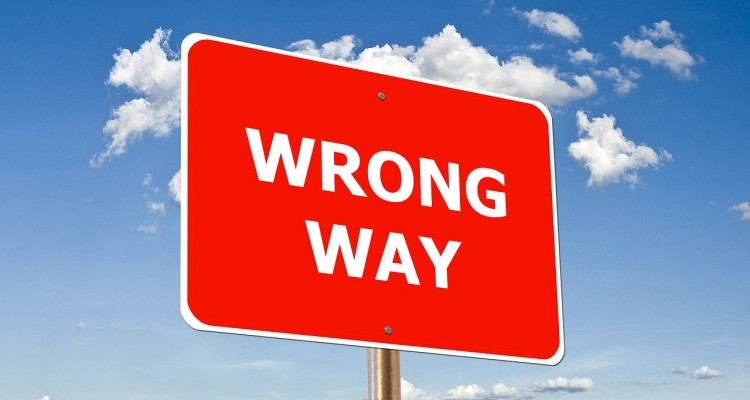When we’re speaking a foreign language, the most important thing is to make our speech understandable. However, pronunciation and grammar errors can distract or even annoy the listener. For this reason, it’s important to indentify the mistakes we’ve been making in order to avoid them. The list below shows some of the most common mistakes made by non-native English speakers (including myself).
1. The pronunciation of “th”
Perhaps the most common mistake made by English learners refers to the pronunciation of the unvoiced “th” in words such as three, think and earth. Some pronounce the “th” like a “z,” others like a “t” or even an “f.” To pronounce the “th” correctly, use the tip of your tongue to touch the tips of your top teeth and, then, blow the air out of your mouth. For more on how to pronounce the unvoiced, as well as the voiced “th,” watch the video below.
2. Prepositions
The use of prepositions is difficult for learners of most foreign languages. The prepositions “in,” “on,” and “at” are frequently misused by English learners. Because there are no clear-cut rules for the use of prepositions, the best thing to do is to pay attention to how native English speakers use them until their usage becomes natural to you.
3. Articles
Many non-native English speakers also have a hard time using the articles “the,” “a” and “an.” The article “the” should be used before definite (specific) things. The articles “a” and “an” should be used before indefinite (not specific) things. “An” should be used before words that start with a vowel sound, even if the first letter of the word is not a vowel (e.g. “ananimal,” “an hour,” but “a house”)
4. Who and that
“That” should be used when you’re talking about an object and “who” should be used when you’re talking about a person/people (e.g. the girl who played with fire, the car that parks itself).
5. Misuse of fun/funny
Many English learners use the word funny when they actually mean to say fun. Don’t forget that fun means enjoyable or entertaining, while funny refers to something that makes you laugh, something humorous.

